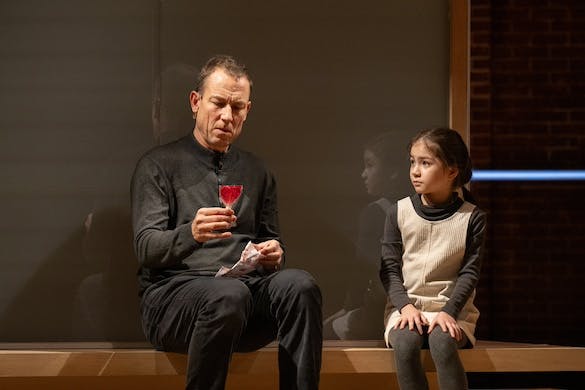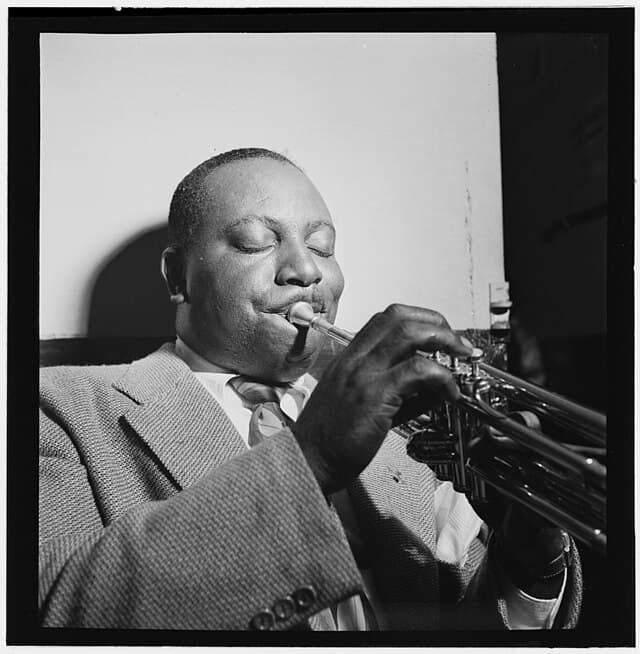
Defeating Hezbollah: Military, but Also Politics
By DANIA F. ARAYASSI
|We are reminded, through the play’s many twists, that crimes and miscarriages of justice can take many different forms, all of which can have enduring consequences — and not just for those who point fingers.

Already have a subscription? Sign in to continue reading
$0.01/day for 60 days
Cancel anytime
By continuing you agree to our Privacy Policy and Terms of Service.

By DANIA F. ARAYASSI
|
By CARL ROLLYSON
|
By THE NEW YORK SUN
|
By MATTHEW RICE
|
By JOSEPH CURL
|
By DANIEL McCARTHY
|
By LAURENCE ELDER
|
By BRADLEY CORTRIGHT
|